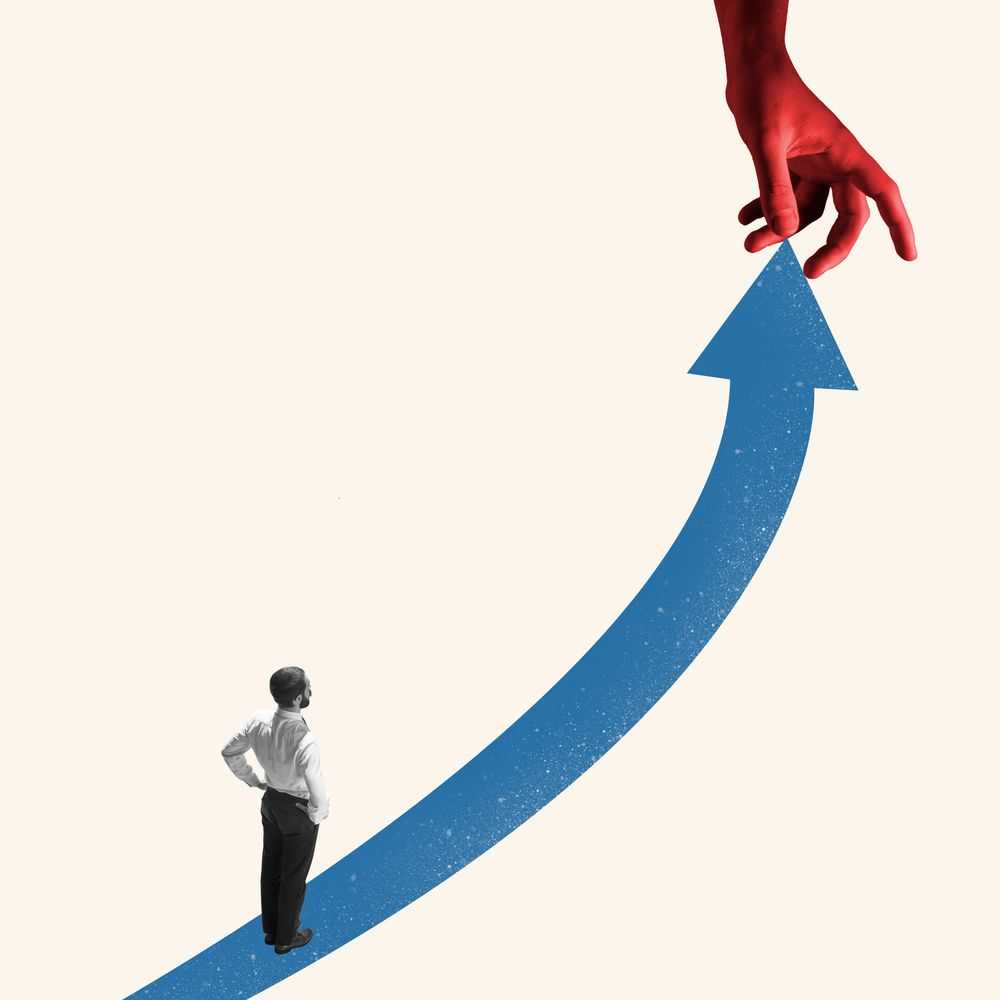Accueil>The impact of social background on career among economists: evidence from France

21.11.2024
The impact of social background on career among economists: evidence from France
À propos de cet événement
Le 21 novembre 2024 de 12:00 à 15:00
Salle du LIEPP (C.210), 2ème étage
1 pl. Saint-Thomas-d'Aquin, 75007, ParisLIEPP's Discriminations and category-based policies research group is pleased to convene the seminar:
The impact of social background on career among economists: evidence from France
November 21st. 12.30pm-1.30pm.
LIEPP Room, Sciences Po, 1 place Saint Thomas d'Aquin, 75007, Paris
MANDATORY REGISTRATION TO PARTICIPATE IN PERSON
MANDATORY REGISTRATION TO PARTICIPATE VIA zoom
Speakers:
- Jean-Charles Bricongne (Banque de France/ Université Paris I/ Laboratoire d’Economie d’Orléans (LEO))
- Capucine Jaud (ENS Paris-Saclay)
Abstract:
The scientific literature has repeatedly demonstrated the impact of personal characteristics or context on the normative positions of economists, as well as on their careers. To our knowledge, no study has attempted to examine the impact of social background on contemporary French economists. However, it appears in France that the discipline is quite concentrated and economists are marked by a ’typical path’.
We attempt to explore this pattern and the real impact of economists’ social background on their professional development. We find that social origin seems to have a direct effect on the careers pursued by economists. It appears that the educational background of economists serves as a channel through which this effect occurs. In contrast, we do not find a direct effect of social background on the formation of normative stances. It is conceivable that in the latter case, the process of entering the discipline and economic training take precedence in shaping thought.
Indeed, we find a strong impact of the attended schools on the formation of normative opinions, particularly in fostering conservative positions.
Overall, it appears that the education of economists plays a central role in their professional identity. Thus, this study contributes to the literature by once again showing that the trajectory of economists does not seem to be entirely the result of their free will and remains influenced by the environment in which they evolve.
